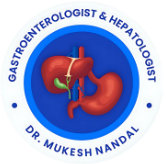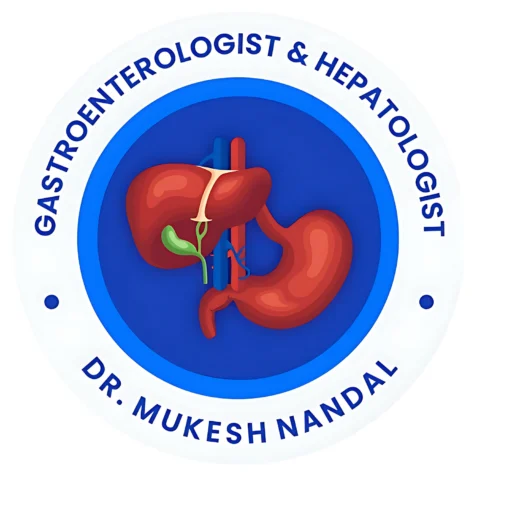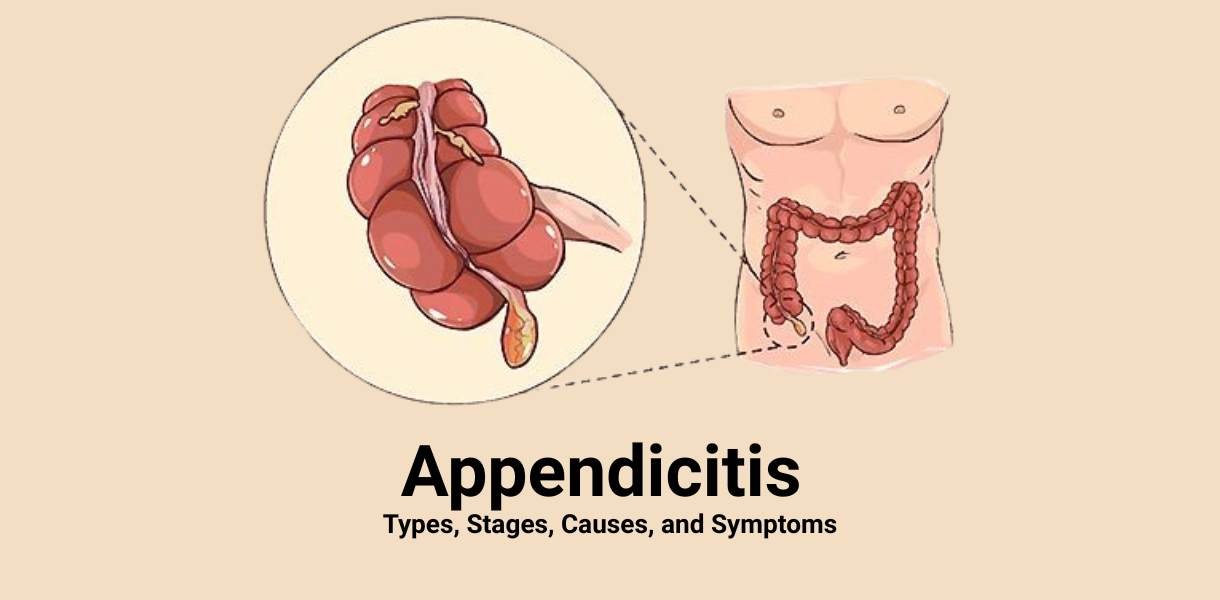Appendicitis Treatment: Types, Stages, Causes, and Symptoms
Appendicitis is a common yet potentially serious medical condition in which the appendix – a small, finger-shaped pouch attached to the large intestine becomes inflamed. If left untreated, it can lead to severe complications such as rupture, peritonitis, or abscess formation. Timely diagnosis and treatment are essential to prevent life-threatening outcomes.
Dr. Mukesh Nandal, Senior Consultant at Atharva Polyclinic, Sector 10A, Gurgaon, and Narayana Hospital, Gurgaon, explains the causes, symptoms, stages, and treatment options for appendicitis, along with when you should seek help from an experienced gastroenterologist in Gurgaon.
Understanding Appendicitis
The appendix is a small organ located in the lower right side of the abdomen. Its exact function is still debated, but it is believed to play a role in gut immunity. Appendicitis occurs when the appendix becomes blocked-often due to hardened stool, infection, or lymph node swelling – leading to bacterial overgrowth, swelling, and inflammation.
Causes of Appendicitis
While the exact trigger may vary, common causes include:
- Obstruction: Blockage by hardened stool (faecolith) or mucus.
- Infection: Viral, bacterial, or parasitic infections in the digestive tract.
- Enlarged Lymph Nodes: Often due to gastrointestinal infections.
- Trauma: Rarely, injury to the abdomen may trigger inflammation.
Stages of Appendicitis
Recognising the stage of appendicitis helps determine the urgency and type of treatment.
- Early Stage: Mild inflammation and pain around the belly button.
- Suppurative Stage: Worsening pain localised to the lower right abdomen, with fever and nausea.
- Gangrenous Stage: Tissue death in the appendix due to interrupted blood supply.
- Perforated Stage: Rupture of the appendix, spreading infection to the abdominal cavity (peritonitis). This is a surgical emergency.
Symptoms of Appendicitis
The most common symptoms include:
- Sudden pain starting near the belly button and shifting to the lower right side
- Pain that worsens with movement, coughing, or sneezing
- Loss of appetite
- Nausea and vomiting
- Low-grade fever
- Abdominal bloating or constipation
- Diarrhoea in some cases
If you experience these symptoms, consult a gastroenterologist in Gurgaon immediately for evaluation.
Appendicitis Diagnosis
Dr. Mukesh Nandal follows a step-by-step approach to confirm appendicitis:
- Physical Examination: Checking for tenderness in the lower right abdomen.
- Blood Tests: Detecting signs of infection (elevated white blood cell count).
- Urine Test: To rule out urinary tract infection or kidney stones.
- Imaging: Ultrasound, CT scan, or MRI to visualise the appendix.
Appendicitis Treatment Options
The choice of treatment depends on the stage and severity of appendicitis.
1. Surgical Treatment
Surgery is the most common and effective treatment, especially for acute or complicated cases.
- Laparoscopic Appendectomy: Minimally invasive procedure with small incisions, quicker recovery, and less post-operative pain. Open
- Appendectomy: Required for ruptured appendix or severe infection.
2. Non-Surgical Treatment
In selected early or uncomplicated cases, antibiotics alone may be used. However, surgery is usually recommended to prevent recurrence.
Recovery After Appendicitis Treatment
- Hospital Stay: 1 to 3 days for laparoscopic surgery; longer for complicated cases.
- Diet: Light, easily digestible meals initially; gradual return to normal diet.
- Activity: Avoid heavy lifting and strenuous activities for a few weeks.
- Follow-Up: Regular check-ups with your gastroenterologist in Gurgaon to ensure proper healing.
Complications of Untreated Appendicitis
Delaying treatment can cause serious complications such as:
- Rupture of the Appendix: Spreading infection throughout the abdomen.
- Peritonitis: Life-threatening inflammation of the abdominal lining.
- Abscess Formation: Collection of pus around the appendix.
Preventing Appendicitis
While appendicitis is not always preventable, a fibre-rich diet with fruits, vegetables, and whole grains may help reduce the risk of constipation-related blockage. Staying hydrated and maintaining good digestive health also play a role.
Conclusion
Appendicitis requires prompt medical attention to avoid serious complications. Early recognition of symptoms, accurate diagnosis, and timely surgical intervention can ensure a complete recovery.
If you are experiencing symptoms of appendicitis, consult Dr. Mukesh Nandal, Senior Consultant at Atharva Polyclinic and Narayana Hospital. As a trusted gastroenterologist in Gurgaon, he provides expert appendicitis treatment in Gurgaon using advanced diagnostic methods and minimally invasive surgical techniques for faster recovery and better outcomes.


